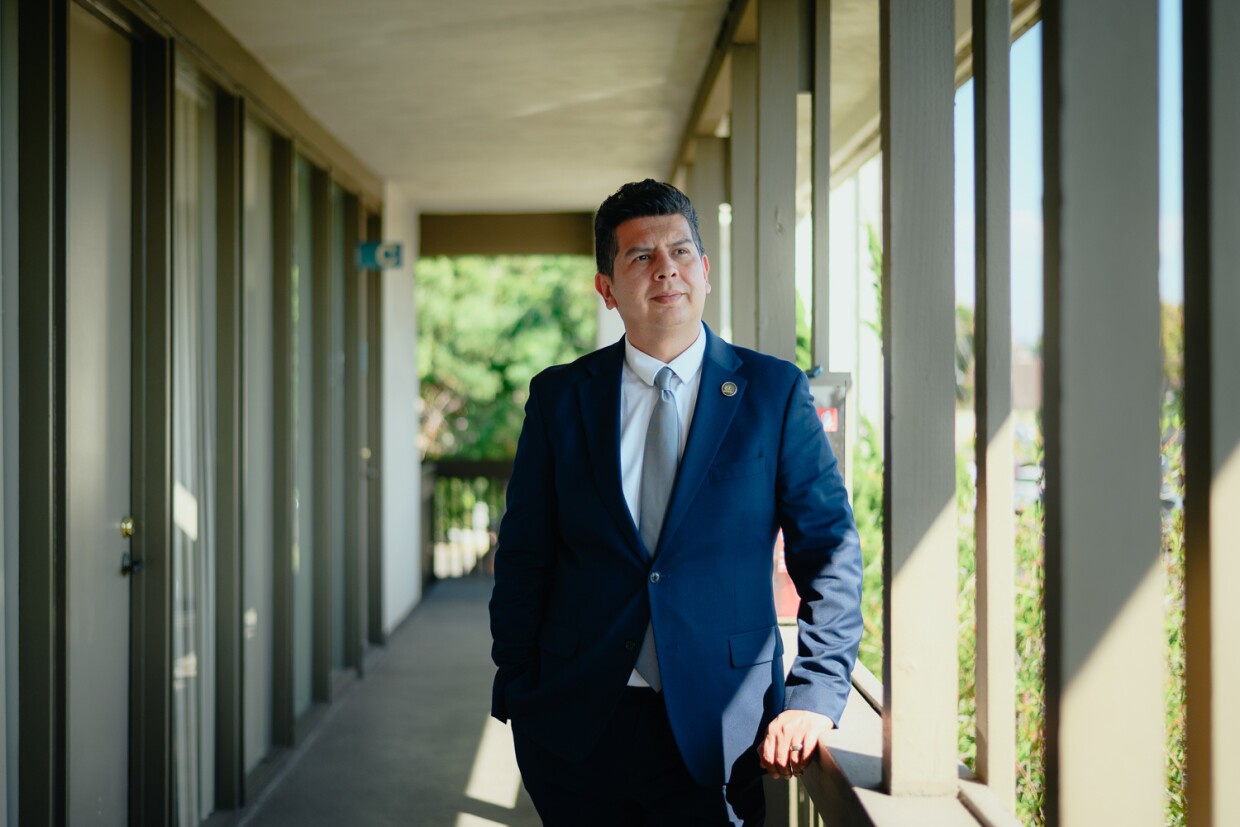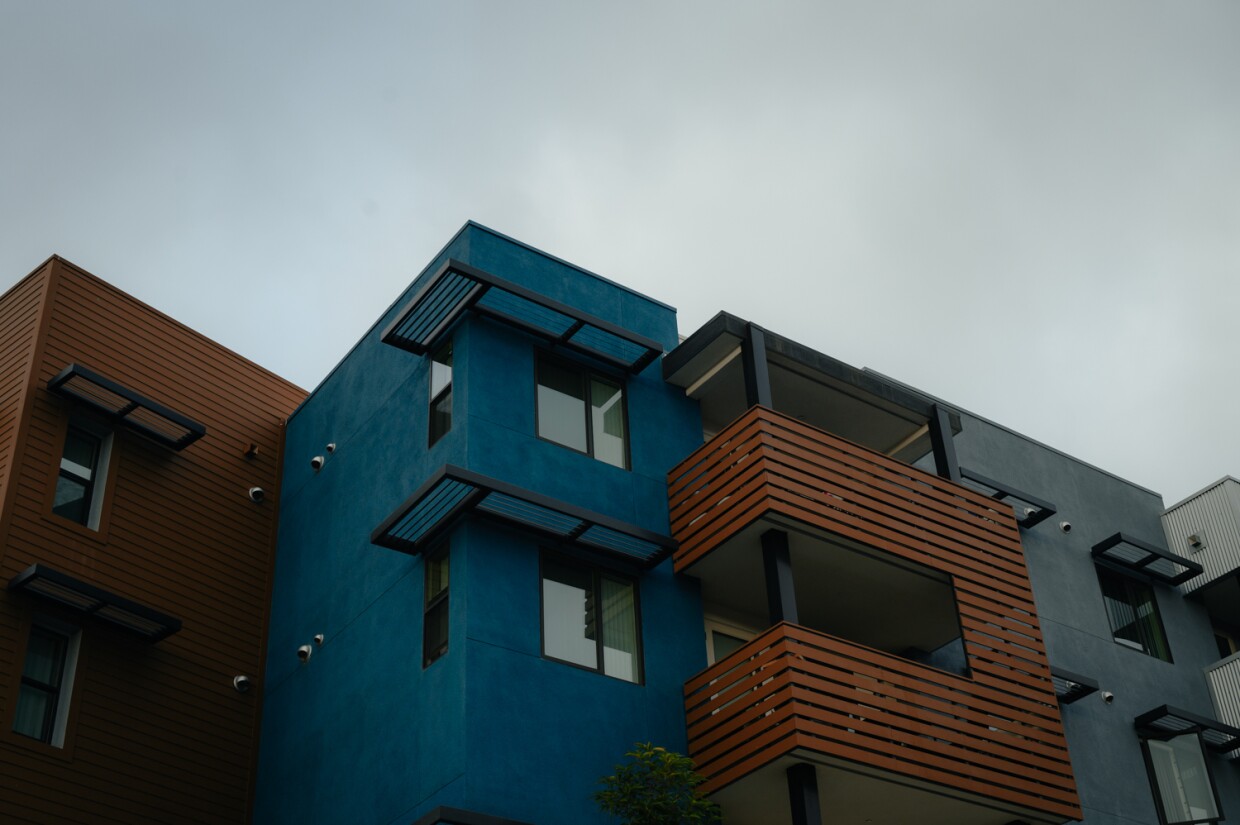A San Diego lawmaker has laid the groundwork for more homes for lower-income Californians to be built across the state.
A new law co-authored by South Bay Assemblymember David Alvarez, D-San Diego, will speed up the construction of some affordable housing developments. The idea is to shield those developments from CEQA, or the California Environmental Quality Act, a statewide law that gives individual residents the power to challenge construction projects in court.
Housing experts say the new law, AB 1449, is part of a growing effort by state lawmakers to accelerate the construction of homes across California.
“We are trying to support cities that want to do the right thing,” Alvarez said. “That want to build affordable housing, that want to do it quickly, that want to do it cheaper. And this law would help them do that.”
The pace at which new homes are being built in California is at the heart of the state’s ongoing housing shortage. Development has not kept up with population growth, and the resulting crisis has inflamed stark inequality and forced rising numbers of people into homelessness.
The San Diego region is experiencing some of the strongest effects this year. This month, the median rent in the city of San Diego was just under $3,200 according to Zillow — almost $1,200 more than the national median.
“The housing crisis here really embodies the housing crisis that we're seeing across the state of California, and across the country writ large,” said Valerie Stahl, a professor of urban planning at San Diego State University.

Increasingly, some lawmakers are leveling a portion of the blame at CEQA, the landmark environmental law.
Enacted in 1970 amid the birth of the environmental movement, CEQA requires state and local agencies to study the possible environmental impact of proposed projects, share their findings with the public and figure out ways to prevent or make up for any damage.
Crucially, it also empowers residents to enforce the law themselves by asking a court to order developers to conduct a more thorough environmental review.
That part of CEQA has given communities experiencing environmental hazards some legal power to push back, but it has also allowed some residents who oppose housing development to delay the construction of new homes across the state. Just this year, several San Diego groups used it to try to block a city effort to add new housing near public transit.
Accounts vary on how widespread this practice actually is, according to Stahl. But developers often cite even the possibility of facing a CEQA lawsuit as a deterrent.
“We don't see CEQA as a primary obstacle,” said Michael Massie, chief development officer of Southern California-based Jamboree Housing. “But sometimes the processes of it and really more the threat of legal action to defer (development projects) are the real problems.”
AB 1449 will allow developers to skirt those legal threats on certain projects. It adds an exemption to CEQA for affordable housing projects in dense urban areas where the rent is limited to just under a quarter of the Area Median Income, which comes out to around $2,300 in San Diego County.
Major affordable housing developers across the state have vocally supported the law, arguing that it could expedite many new housing projects.
“It's difficult to build anything in California for a number of reasons,” Massie said. “The more that we can reduce the number of challenges, the less friction there is in developing affordable housing, the more housing we're going to get built.”
Some environmental advocates have cautioned against general changes to CEQA in the past. In a memo, the California Environmental Justice Alliance argued that changing the law to speed up or scale back environmental reviews would disproportionately hurt poor residents and communities of color.
But AB 1449 has faced little opposition. The one organization to argue against it was the State Building and Construction Trades Council of California, which said the law should include stronger protections for workers.
Alvarez said he hopes to see the new law bring some relief to the state and the San Diego region.
“As a father, someone who wants to see my kids have a place to live in California, we need to address this crisis,” he said.








